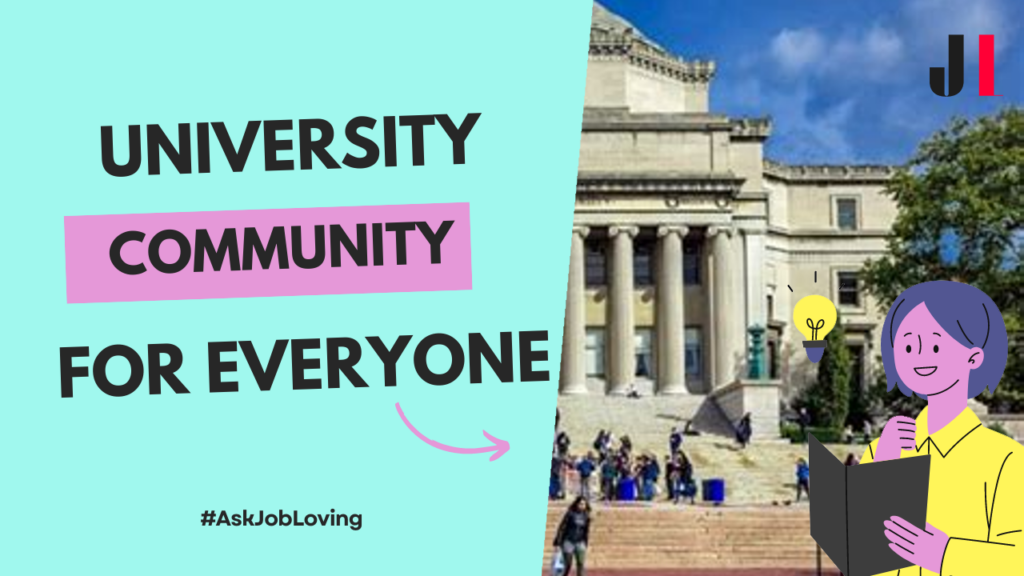How Selective is Columbia University?
Columbia University is renowned for its prestigious reputation and academic prowess, making it one of the most selective institutions in the United States. In recent years, the acceptance rate has dramatically declined to around 4-7%, which is staggering compared to historical rates. For instance, back in 1988, it accepted an impressive 65% of applicants.
Such low acceptance rates mean that aspiring students face fierce competition when applying. The university reviews applications holistically, considering factors such as GPA, SAT/ACT scores, essays, and extracurricular activities. While being a part of Columbia isn’t easy to achieve, those who get in are greeted with incredible faculty and top-tier programs.
Program-Specific Selectivity
Interestingly, selectivity can vary by program. For example, some MS programs may have acceptance rates up to 30%, making them less competitive compared to Columbia College and the School of Engineering and Applied Science (SEAS). On the flip side, Columbia’s General Studies (GS) program tends to be more accessible than its undergraduate counterparts.
A common assumption is that all parts of Columbia are equally exclusive. However, this isn’t entirely accurate. While Columbia as a whole maintains a rigorous selection process, GS offers outstanding education but with slightly less competitiveness. So if you’re eyeing a particular program within Columbia, it’s wise to consider its specific acceptance rate as that significantly influences your chances of admission.
A Cultural Perspective on Selectivity
The debate around selectivity invites many voices and opinions from both students and alumni. Some argue that selecting candidates based solely on numbers doesn’t account for personal growth and diverse experiences. After all, the richness of the student culture at Columbia comes from varied backgrounds—something that test scores alone can’t measure.
“If you’re solely focused on getting into a highly selective college without engaging in meaningful interactions, you might miss out on the true essence of community.”
This notion reflects an important cultural aspect at elite schools like Columbia. Students benefit not only from academic resources but also from peer connections that help them thrive in their fields beyond just getting accepted.
Conclusion
In summary, while Columbia University is undoubtedly one of the most selective schools in the United States—with an acceptance rate plummeting over decades—understanding its application nuances and varied program selectivity can provide valuable insights for prospective students. It’s essential to approach this journey with a genuine interest in learning and personal development rather than just a ticket to an elite institution.
If you’re navigating your college choices or need more info about how selective Columbia University really is, feel free to connect with us at the JobLoving community for further assistance!

